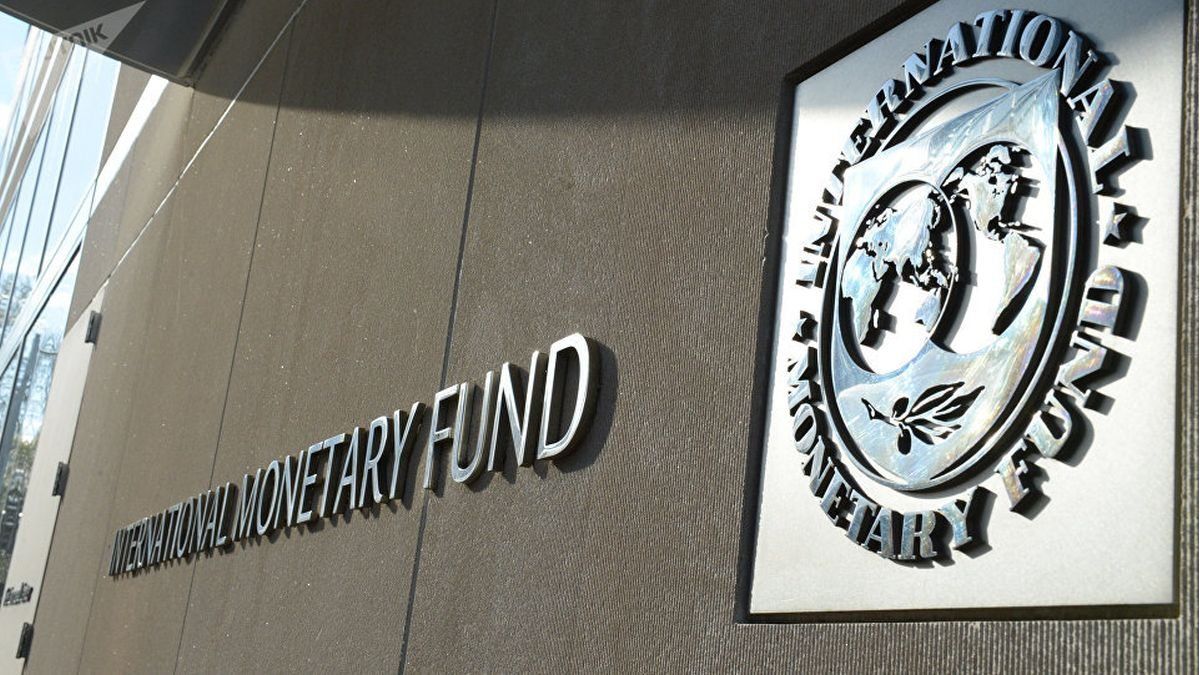The Extended Facilities Agreement that the former head of the Palacio de Hacienda Martín Guzmán closed in March of this year contemplated a GDP for 2022 of about $70 billion. In June, shortly before the end of his term, Guzmán adjusted the numbers of the 2021 extended budget.
What was not planned was the political-financial crisis occurred in the sixth monthwith the deepening of the differences between internal sectors of the ruling party, and fears of a reprofiling of the debt in pesos, which is the only source of financing available to the public sector. The blue dollar climbed to $350 and raised inflation to levels of 7% per month.
According to a report by the Institute for Argentine Social Development (IDESA), headed by economist Jorge Colina, with a higher nominal GDP ($82 billion), the $2.3 trillion deficit is equivalent to 2.8% of GDP. It would be 0.3 percentage points above the goal of 2.5% scheduled for this year, something that is within the range of what is acceptable for the body led by Kristalina Georgieva.
“Measured in terms of GDP, the deviations are less profound. Surely this will be used as an argument by the Argentine government to obtain forgiveness from the IMF, arguing that a deficit of 2.8% of GDP implies an improvement over last year and is not so far from the agreed goal of 2.5%. ”, says the IDESA report.
Eugenio Marí, Chief Economist of the Fundación Libertad y Progreso, explained to Ámbito that according to the initiative “the Government is not going to be entering into non-compliance”. “2.8% arises taking into account Property Income for 0.3 points of GDP”, he pointed out. And he stressed that the agreement allows including this type of accounting profit as primary income, to which Another 0.2 is added that could be financed with credits from international organizations such as the Inter-American Development Bank (IDB) and the World Bank (WB). With this, the primary deficit could reach 3% of GDP in 2022. In other words, with these extraordinary resources the Government it could have gotten through this year without making adjustments and now hopefully it will try to make it count in December in the last revision.
The problem is actually that During the first semester, the level of public spending had been growing well above what was compatible with the goal. According to the Congressional Budget Office (OPC), it had been doing so at an average level of 12%.
As noted Santiago Manoukián, from the consulting firm Ecolatina, “in the second half of the year, spending should fall by 10% in real terms”. The economist warned that, on the contrary, seasonally in the second half of the year spending tends to grow. “There was only a drop in spending in 2001 and 2002,” recalled the Ecolatina economist. Precisely, those two years were the two hardest due to the fall of convertibility.
Source: Ambito
David William is a talented author who has made a name for himself in the world of writing. He is a professional author who writes on a wide range of topics, from general interest to opinion news. David is currently working as a writer at 24 hours worlds where he brings his unique perspective and in-depth research to his articles, making them both informative and engaging.




